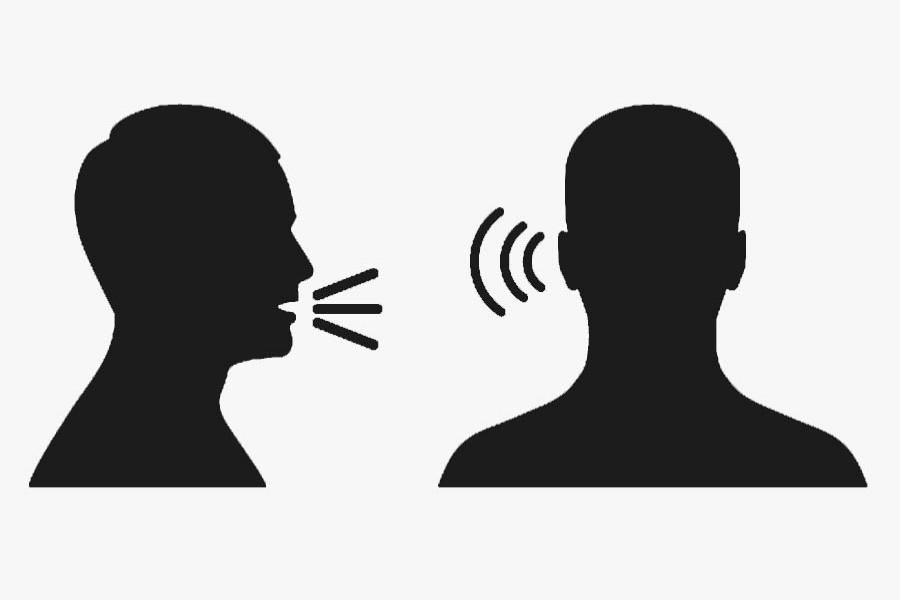'To watch over mouth and tongue is to keep out of trouble', so goes the proverb. Humans' use of the tongue increased in direct proportion to their getting civilised. The more they talked, the more they communicated with one another, refined their speech and enriched their vocabulary. It was all about using the tongue efficiently. Sensible use of the tongue, speech, that is, can make friends, build relations and harmony between individuals and peoples. But as it can build relations, imprudent use of speech can also destroy what is built through its discreet use. Quarrels, for example, over trivial issues, have often led to rivalries between individuals, families and even wars between nations. The infamous Pig War of 1859 at San Juan Island-a piece of land between mainland USA and the Vancouver Island-between the USA and Great Britain took place over the shooting to death in June that year of a hog owned by an employee of a British company. The man, who killed the black swine which was alleged to have rummaged through his potato field, was an American farmer. The quarrel that ensued brought the armies of America and Britain face to face. The stand-off continued for weeks until the two nations reached a deal to jointly occupy the San JuanIsland in October 1859.
In the religious scriptures, the moral lessons tell the faithful to shun using words that may hurt others' feelings. Children learn good manners from their family. And the most important ingredient of good manner is being polite with others. To a well-brought-up child curse words are a taboo. However, juveniles despite their good family background may go astray due to bad company and turn into rogues. So, how we speak is a telltale sign of who we are. Murad Hasan, Bangladesh's erstwhile State Minister for Information and Broadcasting, can be an example of how unhinged a person with no control over his tongue can become. Small wonder that he has got his comeuppance. But how did he land up being such a morally vile person? His being a medical doctor makes it plain that his parents had the means to send him to good schools to finally qualify as a medical student. Obviously, compared to millions of other children from poorer households who never had the opportunity to go to school, he was definitely a privileged one. Also, it can be assumed that he was raised in a family from the middle class background. (The term middle class is used here in the traditional, not modern, sense of the term. Traditionally, middle class, which is at present on the verge of extinction, has been one in between the feudal class at the top and the peasantry at the bottom). In Bangladesh society, it is this vanishing middle class that so far held the values, the basic moral guidelines to follow in life, so dear to their heart. Children from such traditional middle class families were expected to become well-behaved in their adulthood. They say that individuals from good family background may sometimes become unprincipled, but they will never be ill-mannered. Then the question is how could Murad become so ill-mannered and foul-mouthed? Clearly, he was intoxicated with his sense of being powerful! However, Murad is just an example of the moral erosion the society has been undergoing.
As noted in the foregoing, the traditional society of Bangladesh based on a feudal system of landed economy has for all practical purposes disintegrated. Unlike in the West, the breakdown of the old social order here has not been replaced by a new order such as the capitalist one with its own set of social values and norms as in the West. The result is a void as no new value system has evolved to replace the old, middle class values. As nature abhors vacuum, detritus of every from is filling this void of values. Morally bankrupts like Murad are just the creatures of that void.


